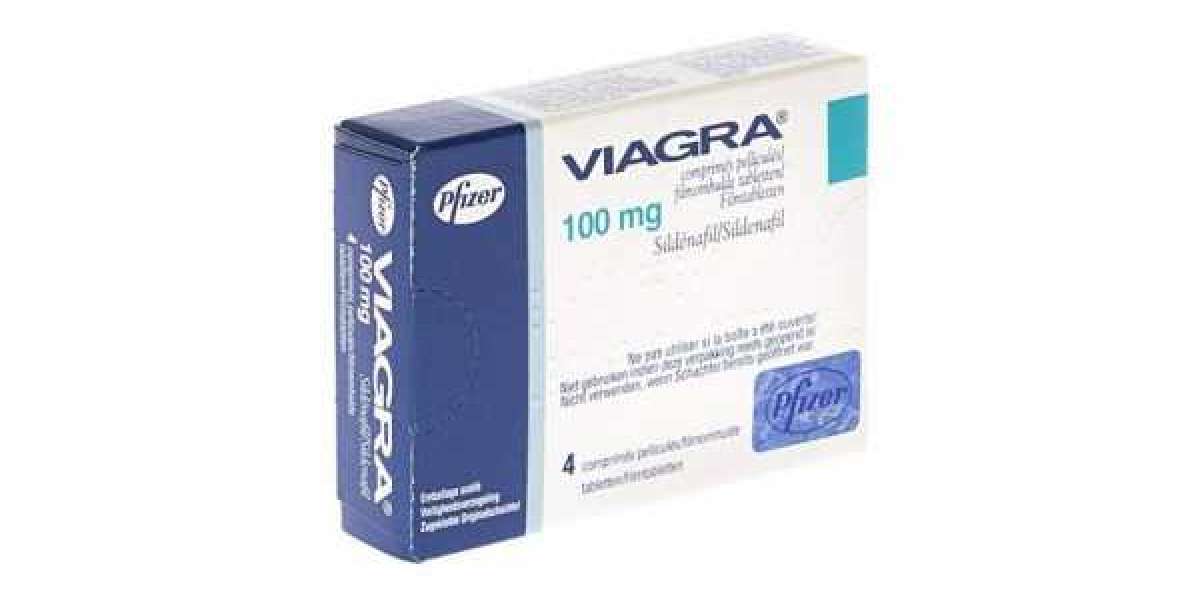Nicotinamide Mononucleotide (NMN) is a molecule that has been gaining significant attention in the field of aging and longevity. This naturally occurring compound is a precursor to Nicotinamide Adenine Dinucleotide (NAD+), a coenzyme found in all living cells that plays a crucial role in cellular metabolism and energy production.Get more news about longevity nmn,you can vist our website!
As we age, our bodies’ NAD+ levels naturally decline, leading to a decrease in cellular function and overall health. This decline in NAD+ has been associated with many of the hallmarks of aging, including metabolic disorders, DNA damage, and decreased immune cell activity. By boosting NAD+ levels, NMN supplementation may help to delay or even reverse some of these age-related conditions.
One of the key ways NMN impacts aging and longevity is through its effect on cellular metabolism. NAD+ is essential for the conversion of nutrients into energy within our cells. By increasing NAD+ levels, NMN can enhance cellular energy production, potentially improving overall health and longevity.
In addition to its role in cellular metabolism, NMN also has potential benefits for DNA repair. DNA damage accumulates as we age, leading to cellular dysfunction and contributing to the aging process. NMN has been shown to enhance the body’s DNA repair mechanisms, potentially slowing down the aging process and extending lifespan.
Furthermore, NMN may also have anti-inflammatory effects. Inflammation increases during aging, a phenomenon known as “inflammaging”. NMN can lower the levels of inflammation, potentially mitigating some of the detrimental effects of aging.
NMN may also improve stem cell health, helping stem cells to live longer and replicate more. During aging, stem cell levels decline, which can contribute to various aspects of aging. By enhancing stem cell health, NMN may help to slow down this aspect of the aging process.
While the research on NMN is promising, it’s important to note that most of the studies conducted so far have been on animals. More research is needed to fully understand the effects of NMN on human health and longevity. However, the current findings suggest that NMN could be a key player in the quest for a longer, healthier life.
In conclusion, NMN appears to hold great promise in the field of aging and longevity. Its potential to boost NAD+ levels, enhance cellular metabolism, improve DNA repair, reduce inflammation, and improve stem cell health makes it a molecule of great interest. As research continues, NMN could potentially unlock new possibilities in the science of longevity.













